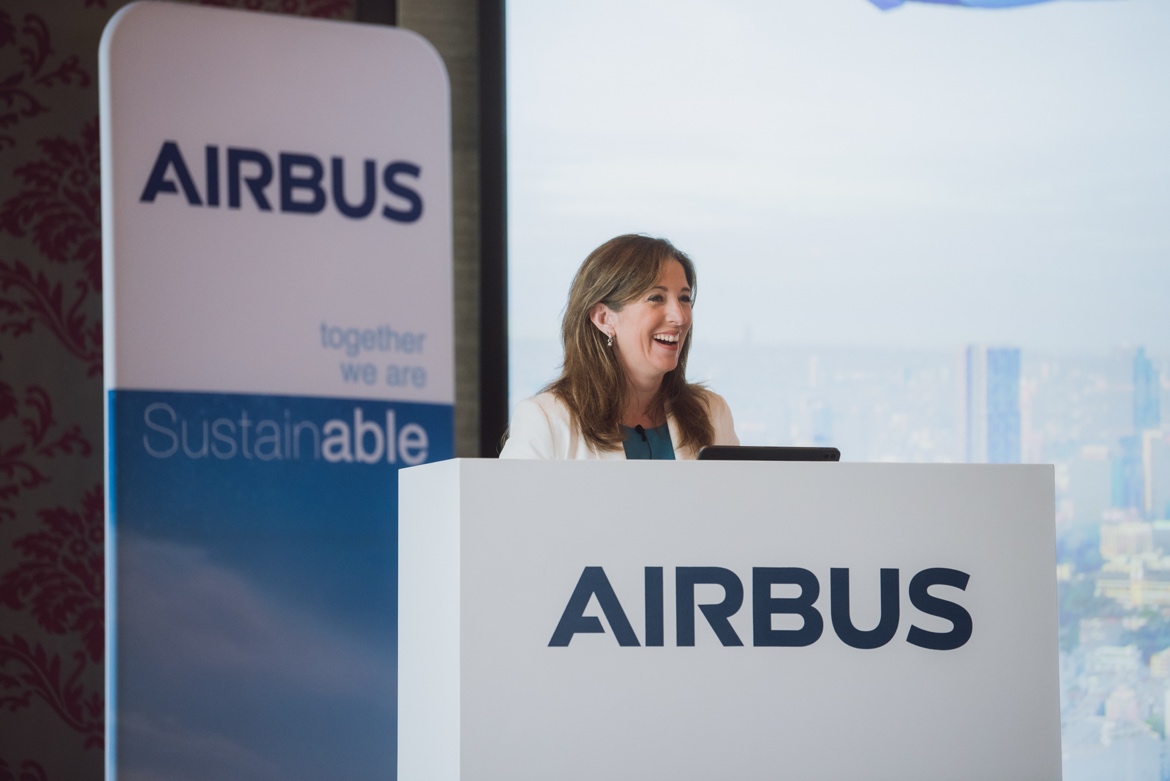
Airbus Highlights Thailand's Capacity for Significant Sustainable Aviation Fuel Production
Airbus recognizes Thailand's potential to generate up to five million tonnes of Sustainable Aviation Fuel (SAF) annually, leveraging its strong agricultural sector.
Sustainability and Airbus
Sustainability officials at aviation manufacturer Airbus pointed out that Thailand has the potential to produce up to five million tonnes of Sustainable Aviation Fuel (SAF) per annum.
Kitcher made this statement at the Airbus Industry Outreach event held in Bangkok, Thailand on April 11th.
Kitcher stated: “Thanks to its strong agricultural sector, Thailand has rich potential as a producer of SAF, with extensive feedstocks including molasses, agricultural waste such as rice straw and rice husk, corn cobs and leaves, and manure. It’s extremely encouraging to see Thailand’s ethanol industry considering SAF production. It is also very encouraging to see this ‘industry cooperation’ approach as this mindset will be needed in developing and validating data such as Life Cycle Assessment data for new feedstocks.”
Thailand’s Role in the Global SAF Sector
Several projects aimed at producing SAF from used cooking oil are in development, such as initiatives by Bangchak and PTT Global Chemical. Additionally, Airbus signifies that alcohol-to-jet fuel derived from ethanol presents considerable opportunities.
A strategy to increase the number of electric vehicles could reduce demand for bioethanol in road transport, allowing more for SAF use.
Kitcher noted: “At Airbus, we look forward to working with the Thai government and SAF producers to help develop the industry.”
She emphasized the necessity of overcoming two significant challenges for Thailand to become a primary SAF source globally.
What Needs to Be Done?
The first challenge involves advancing new SAF technologies through their crucial initial development stages, where risks are heightened. Kitcher shared: “We are working to support SAF projects here in Southeast Asia and Thailand. For example, we signed a memorandum of understanding with CP last year to explore the potential of SAF production from agricultural waste. We are also keen to help bring other new feedstocks on-stream here, too.”
The second challenge requires a thorough understanding of various local feedstocks. Kitcher explained: “What we’ve learned at Airbus is that it’s not simply enough to understand the potential production capacity of a given feedstock. You also need an in-depth understanding of its location, accessibility, and the costs of collecting and transporting it. Thailand has already made strong progress in gathering valuable data and information about where the country’s feedstocks are located.”
Policymakers play a vital role in developing the Thai SAF industry, necessitating strong coordination among stakeholders and a well-defined roadmap. Kitcher stressed that a swift publication of a national SAF roadmap, which includes a 1% blending target for 2026, would offer clarity to potential producers and investors.
